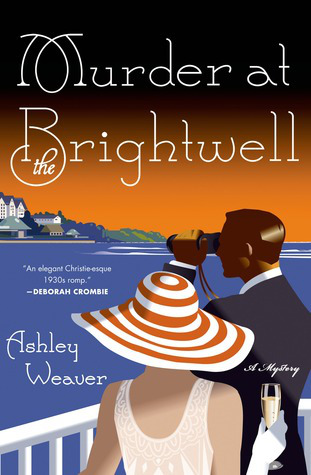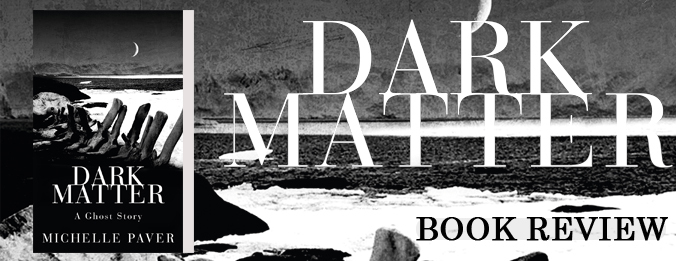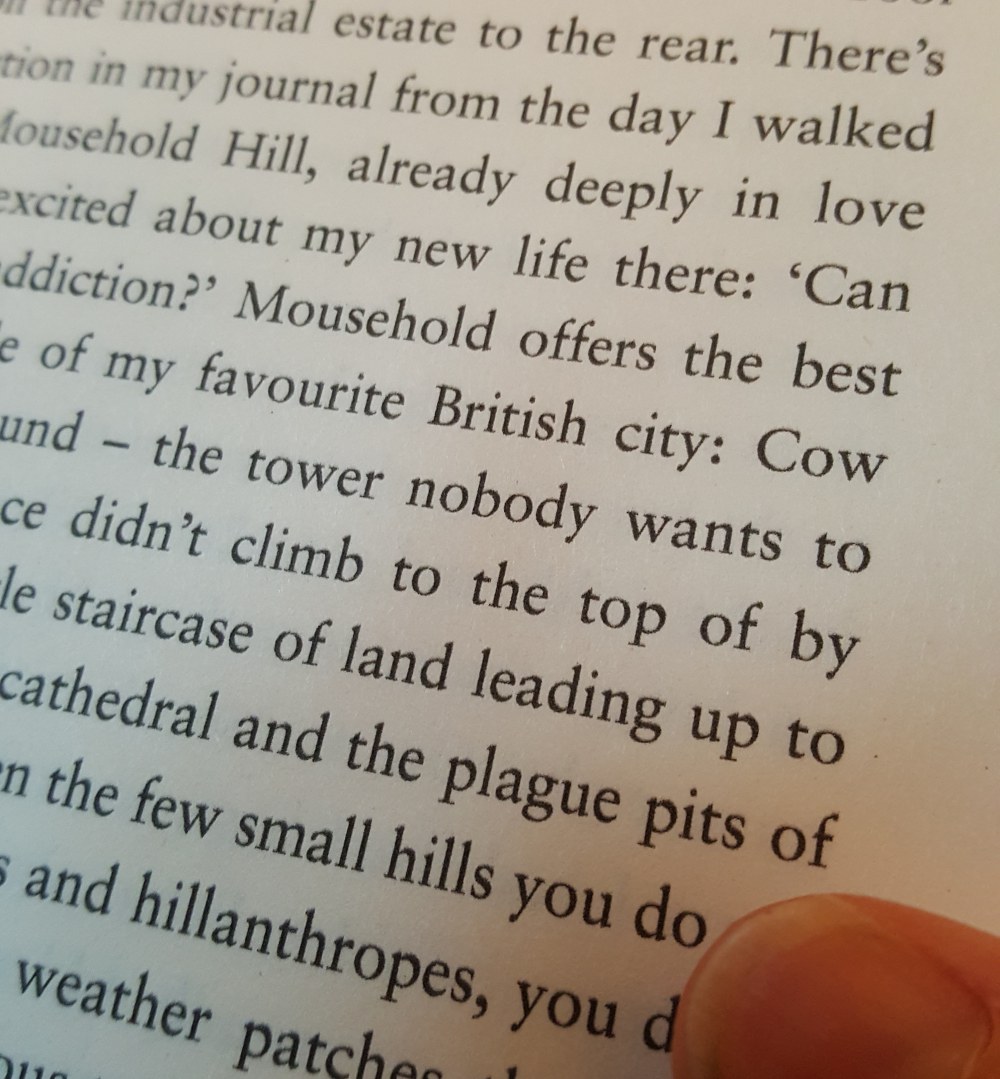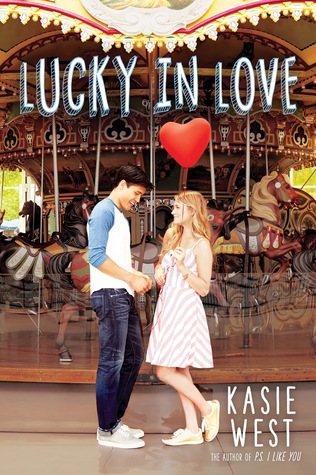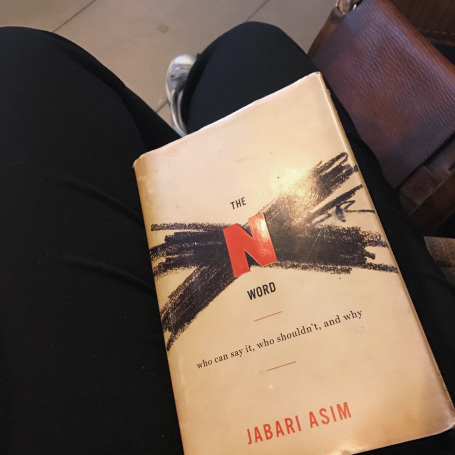 Title: The N Word: Who can say it, who shouldn’t, and why
Title: The N Word: Who can say it, who shouldn’t, and why
Author: Jabari Asim
Synopsis: The N Word reveals how the term “nigger” has both reflected and spread the scourge of bigotry in America over the four hundred years since it was first spoken on our shores. Asim pinpoints Thomas Jefferson as the source of our enduring image of the “nigger.” In a seminal but now obscure essay, Jefferson marshaled a welter of pseudoscience to define the stereotype of a shiftless child-man with huge appetites and stunted self control. Asim reveals how nineteenth-century “science” then colluded with popular culture to amplify this slander. What began as false generalizations became institutionalized in every corner of our society: the arts and sciences, sports, the law, and on the streets.
Targeted Audience: basically anyone with a good vocabulary and a want to understand how racism fueled a word still frequently used
What did I think of this book?
Jabari Asim did a wonderful job of breaking down the history of the different variations of the word that has been controversial for so long. The book transitions from the “niggerology” to Jim Crow to “house niggers and niggerati”.
From the first pieces of literature where so called scientists studied “niggerology” to the cryptic plays where the word nigger was transitioned into nigga, the “niggerization” of the black was systematically enforced in Northern schools, households, and everyday life. White children were taught to behave or they would be “carried off by the old nigger”. Asim very visibly describes every detail of how the word could nary be seen as a term of endearment in the older days.
During the 70s, “nigger” made it’s own transitions in media. The FCC made it possible for words that had once been frowned upon to be said with regularity. These included spook, spade, jungle bunny, hebe, chink, and spic. Nigger was still the most frequently used amongst the terms. What really got under my skin about this book was I had no idea how much europeans had beat into our heads that we in fact WERE niggers. So much in fact, that back in the day, WE started referring to ourselves as niggers (hard r; yes, I know).
As the years progressed, rappers such as Mos Def, N.W.A., and directors like Quentin Tarantino showed an obsession with the word. Now the rappers were more so about taking a word so derogatory and turning it into a expression of self and term of affection towards other African Americans. Tarantino is controversial in the aspect that he used the “n” word over 40 times alone in his hit movie “Pulp Fiction”. When later interviewed he stated, “Should any word have that much power? I think it should be de-powered…” WHAT? This brings me to my next point made by Asim. Why do white people feel that no one should be able to use a word they still use against us behind closed doors? If no one should be able to use the word, why the hell did your people think it was okay to normalize it?
The word nigger or nigga has been normalized so much, black people have now taken to colorism and other tactics to segregate amongst ourselves. In elementary school, if you were lightskin you weren’t referred to as a nigga. I cannot say the same for my darker skin classmates. Even to this day I have heard that “better educated, wealthy, and better looking black people are not really ‘black'”. The ones who are lower class, unemployed, and “ghetto” are still frequently called niggers. This is often the stereotype at white high schools. Has your white friend ever referred to you as “not black, black” because you were proper or carried yourself well? This is exactly the relation Asim was trying to make between the word and today’s societal norms.
In my opinion, the word nigger has truly been taken on a journey of racism and just plain ignorance but somehow it remains stapled to our society. Although it makes people uncomfortable, I do not see it’s use diminishing anytime soon. Is this necessarily a bad thing? Not really. With comedians like Dave Chapelle and rappers like Joey Badass using the word to shine the light on the struggles we face as African Americans, I feel like we are on our way to better understanding our history. It is also teaching us how to overcome the use of negative words in the face of adversity.
Overall rating: 10/10
Very insightful and I would recommend to anyone who calls themselves an intellectual.
Advertisements Share this:

